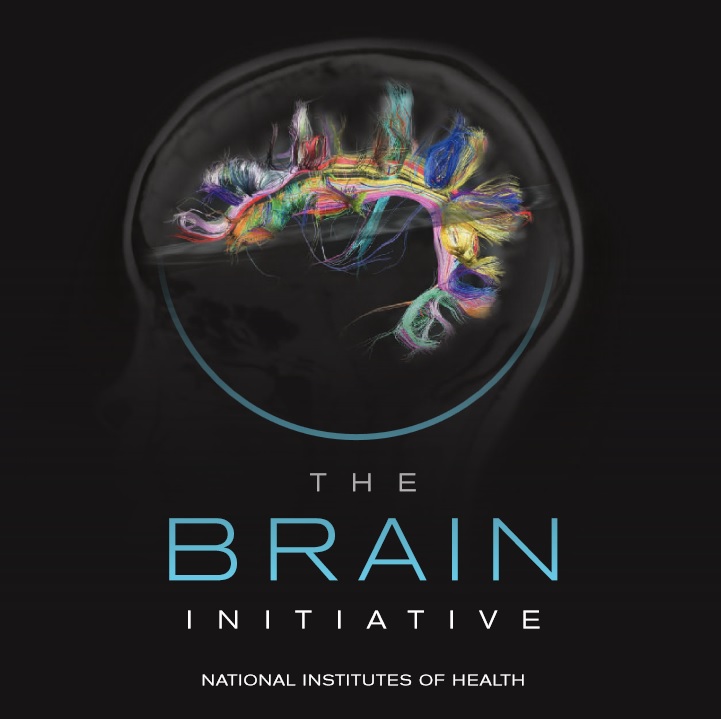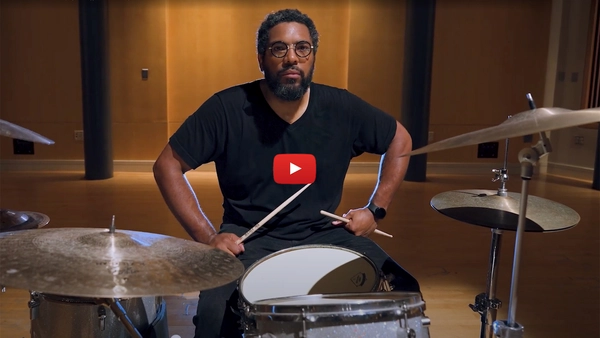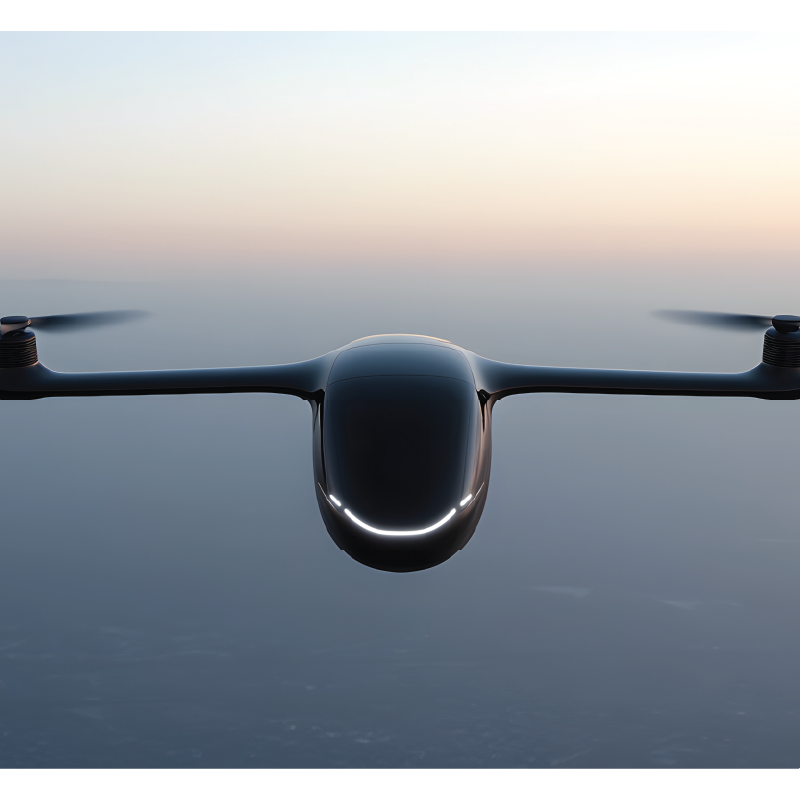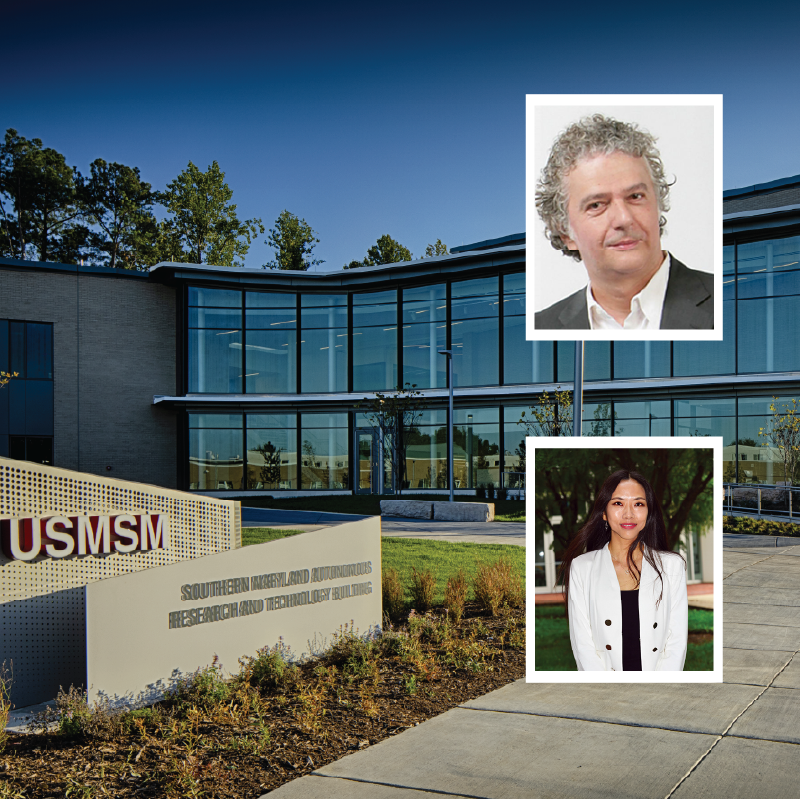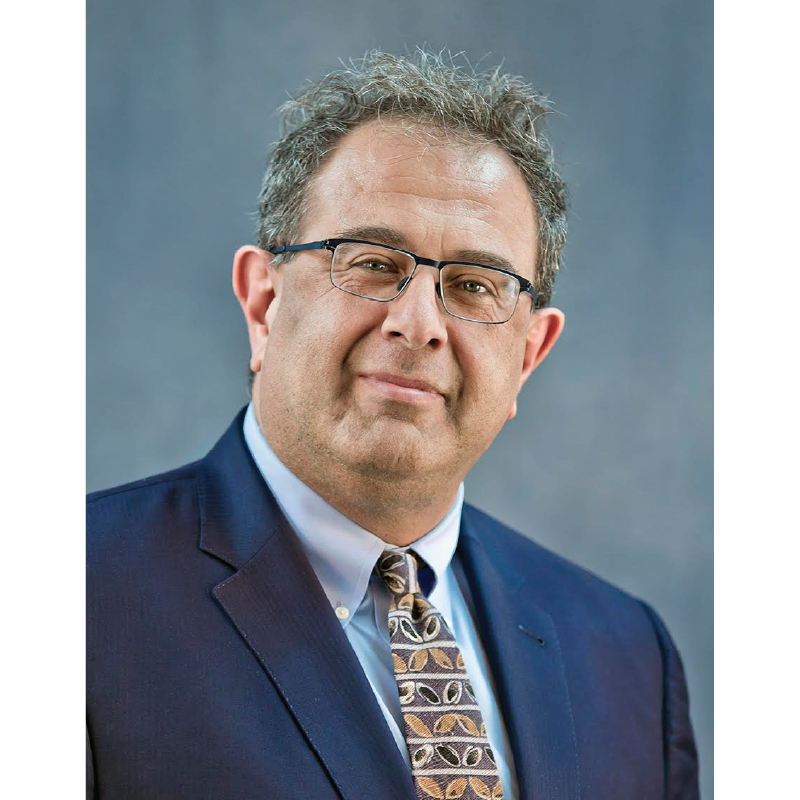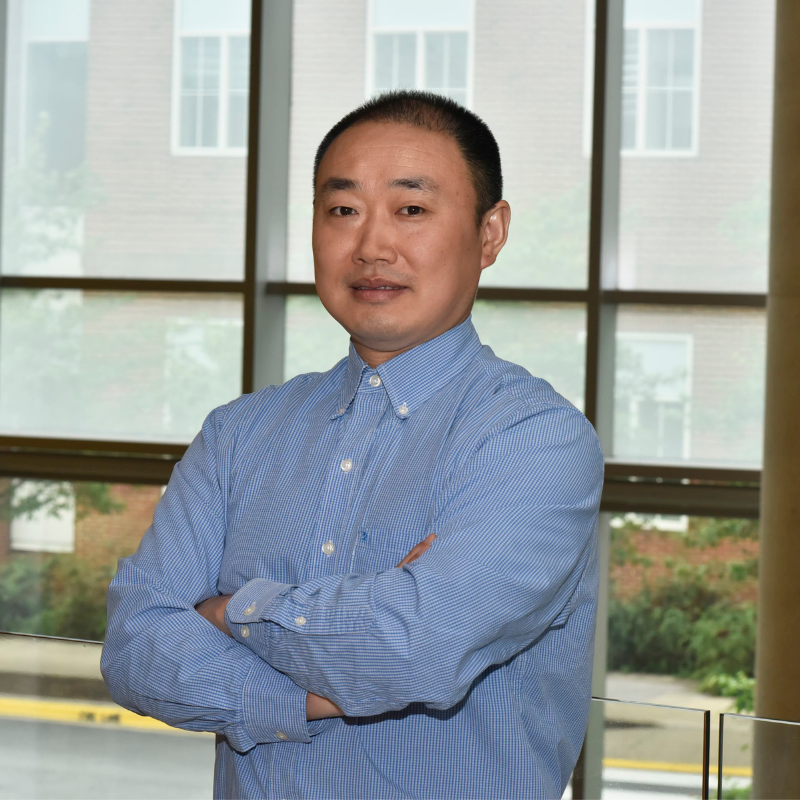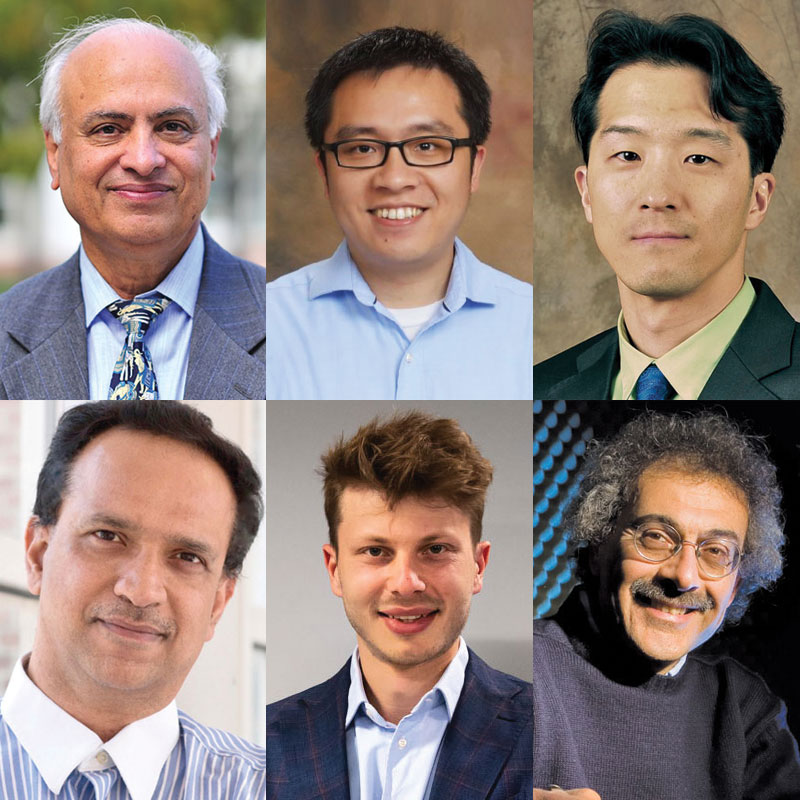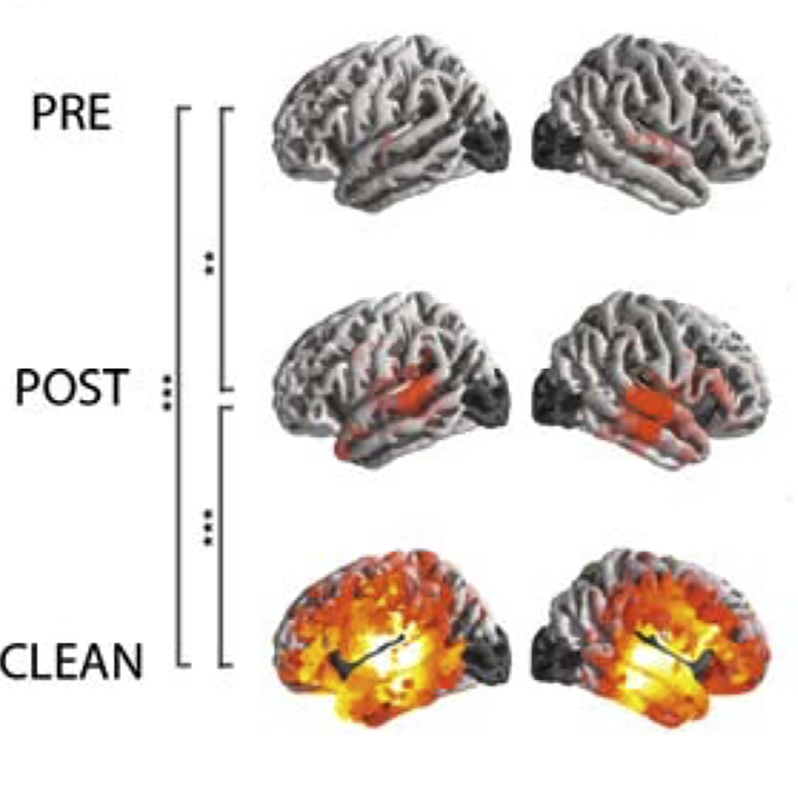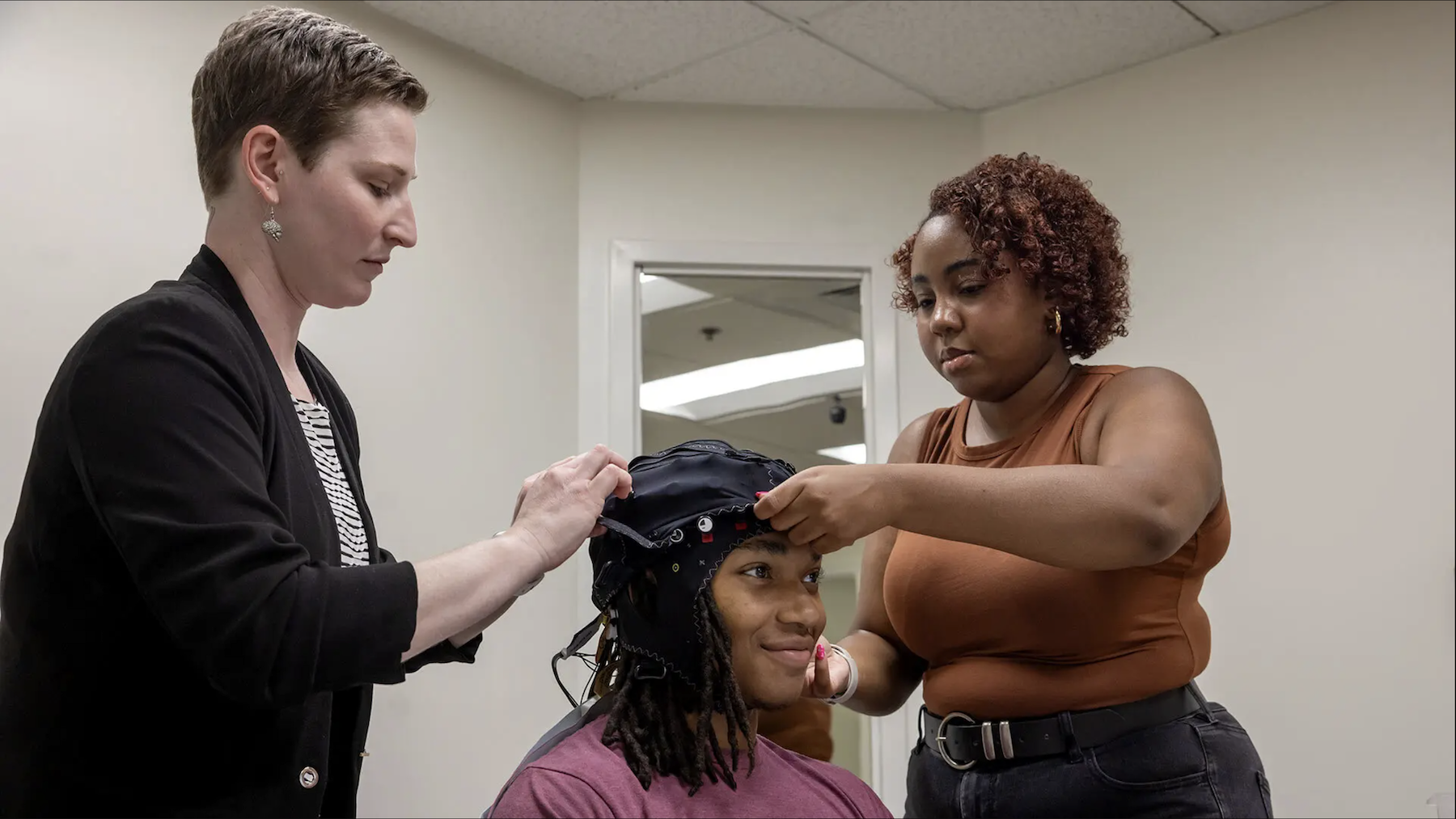News Story
Losert named CMNS associate dean for research
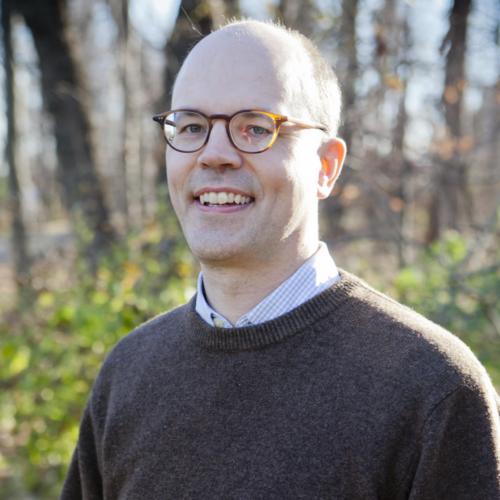
Wolfgang Losert
Losert has an appointment in physics, the Institute for Physical Science and Technology (IPST), and the Institute for Research in Electronics and Applied Physics (IREAP). As a member of the Nonlinear Dynamics Group, Losert's research focuses on discovering emergent dynamic properties of complex systems at the interface of physics and biology, with a special emphasis on cancer biology.
Within CMNS and the broader scientific community, Losert actively fosters cross-disciplinary interactions and new research and educational opportunities. He chairs the Division of Biological Physics of the American Physical Society, and is part of a trans-university initiative of HHMI (called NEXUS) that is developing new science and math courses for biology majors and pre-health care students that can serve as a national model. He helped initiate and now leads the Partnership for Cancer Technology, which provides UMD faculty and graduate students the opportunity to tackle pressing problems in cancer research in collaboration with National Cancer Institute experts. To take on this new position in the dean’s office, Losert will be stepping down from his roles as member of the Burgers Board for Fluid Dynamics and director of the graduate program in biophysics. Losert's interdisciplinary expertise will be especially valuable in the context of our recently integrated college.
“Given Wolfgang's outstanding research contributions, I am confident that he will have a tremendous impact on the college’s research excellence, interdisciplinary collaborations, and industry partnerships," said Jayanth Banavar, dean of CMNS.
Losert assumed the role previously held by Dan Lathrop, who assisted immensely in the development of the college during his tenure as associate dean for research. Lathrop is an innovative experimentalist who has made vital contributions to the understanding of interdisciplinary problems including fluid turbulence, the magnetic dynamo underlying the Earth’s magnetic field, singularities in fluid surfaces, the magnetorotational instability, and quantum turbulence in superfluid helium. He will be shifting his focus back to his research and education goals.
Published July 14, 2014

